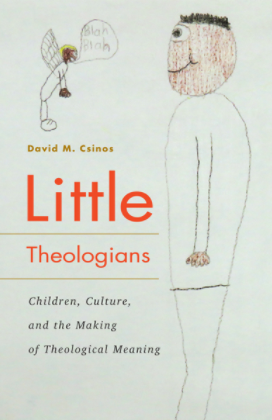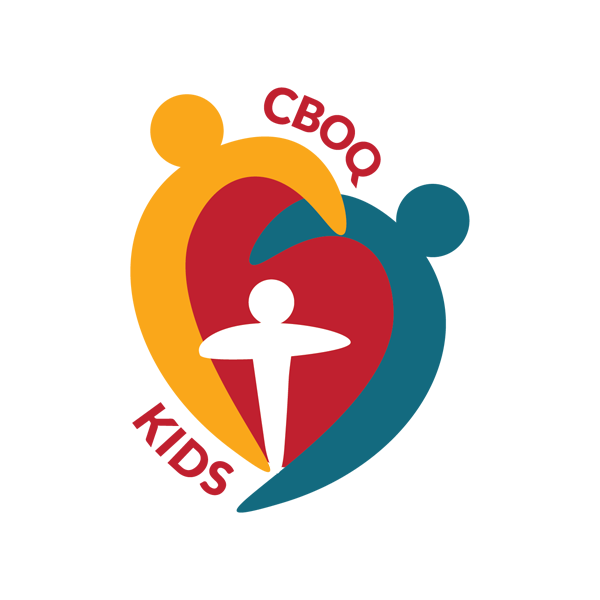
Book Review
“Children are not simply passive consumers of theology; they actively generate theological meaning for themselves. As they do, they take information and experiences from their contexts as raw material and tools for building theology.” (page 3)
Little Theologians is the most recent publication from David Csinos, assistant professor at Atlantic School of Theology (recently granted tenure and promoted to associate professor, effective July 2021) and founding president of Faith Forward and is based on qualitative research he conducted in Atlantic Canada. Csinos explores the insights and experiences of children within four very culturally distinct United Church congregations as he sought to answer questions about how faith communities influence the way children generate theology. His writes about how his interpretation of the collected data reflects that culture matters to children’s theology.
Each of the first four chapters focuses on one of the churches included in the research and the children that were interviewed from that church. Chapter five places all of the children interviewed alongside one another as Csinos offers his analysis of their theological meaning-making in what he describes as a “three-fold framework that draws from what Emmanuel Lartey calls a “Trinitarian” understanding of personhood…” (p. 140)
Chapter Six shifts towards an analysis of the theological meaning-makings of children against the “United Church’s Transformative Vision” for becoming an intercultural church. This chapter contains a very brief history and critique of multiculturalism in Canada and United Church’s response to the shortcomings of multiculturalism. Being unfamiliar with this document and background from the United Church and having nothing similar in our Canadian Baptist context, I found this to be very informative and helpful to reflect upon.
Chapter Seven provides an analysis of scholarship in children’s spirituality and theology. Within this chapter there are three assessments of this field he puts forth, based on the research he has conducted. Chapter Eight provides some suggested future directions for research and pastoral practice based on the implications of the research he has conducted.
Although this book might seem more academically focused and, perhaps except for the fascinating images of God drawn by children, and the intriguing dialogue we read from the interviews conducted, not immediately practically valuable to day to day ministry demands for leading children’s ministry, I would like to suggest that this book is rich with insight and reflection that is critical to engage with as we look to the future of children’s ministry. This book is timely and valuable for discussion as we consider the implications Csinos presents.
Check out this interview with Dave Csinos on this book.

+ There are no comments
Add yours